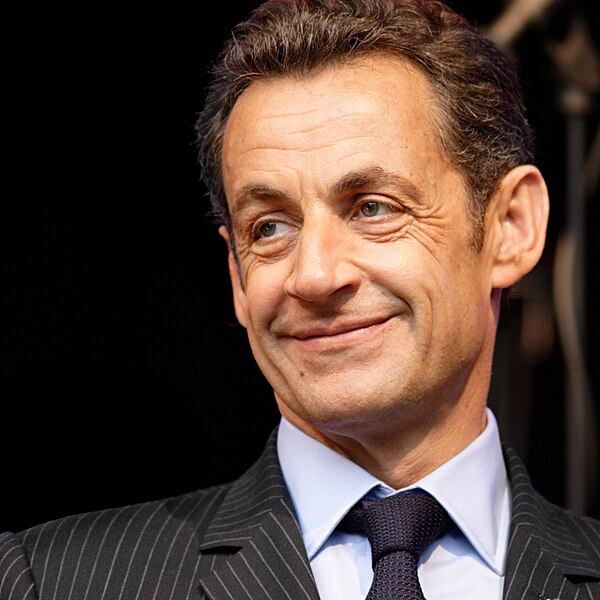 Nicolas Sarkozy, President of France with his high powered Commission on the Measurement of Economic Performance and Social Progress (CMEPSP – including Joseph Stiglitz, Amartya Sen and Jean-Paul Fitoussi) form the latest group to join the call for a better measure of progress than GDP.
Nicolas Sarkozy, President of France with his high powered Commission on the Measurement of Economic Performance and Social Progress (CMEPSP – including Joseph Stiglitz, Amartya Sen and Jean-Paul Fitoussi) form the latest group to join the call for a better measure of progress than GDP.
The CMEPSP’s report (3Mb pdf) highlights current well-being alongside the assessment of sustainability – whether this well-being can last over time. It’s recommendations focus on changing our emphasis from measuring economic production to quality of life, equity and our well being over time and into the future.
It’s not a new argument – famous examples included Bhutan’s Gross National Happiness, Redefining Progress and, The New Economics Foundation. But it is a very prominent call for change.
Nicolas Sarkozy is encouraging a great revolution to economic and well being measurement. Others in France however see GDP here for a long time into the future. GDP criticisms include the non measurement of state expenditure, such as some public health and, the positive value it places on destructive economic activity.

 Alongside Barak Obama there’s a second Noble prize surprise this year – Elinor Ostrom for the
Alongside Barak Obama there’s a second Noble prize surprise this year – Elinor Ostrom for the 